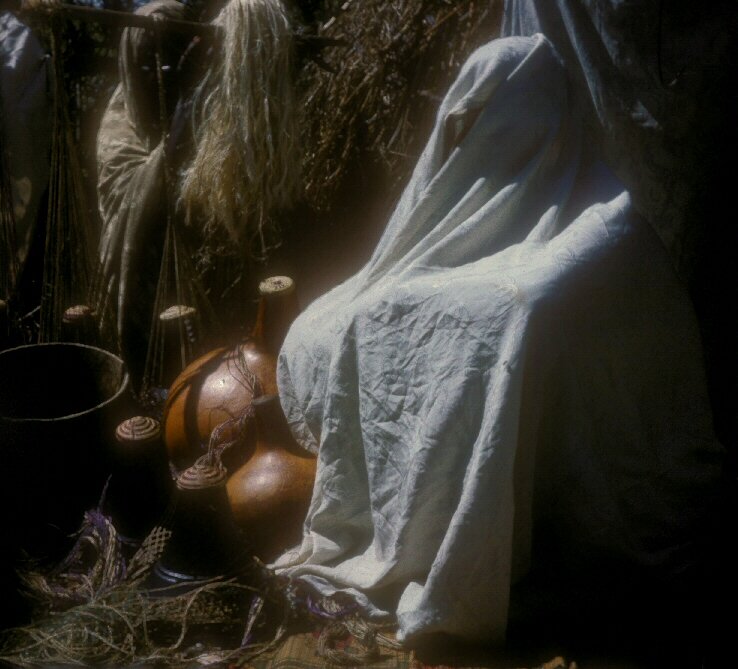 So let's break the silence that was September on my blog with a throwback to one of my best summer reads. The Ghosts of Eden by Andrew JH Sharp was the kind of good thick book I like to nestle into during the holidays. This is a wonderfully lyrical novel set in Africa. The early sections depict two worlds that overlap in the lush landscape of colonial Uganda; the childhood of Stanley, an 8 year-old cattle-herder, and the childhood of Michael Lacey, son of missionaries.
So let's break the silence that was September on my blog with a throwback to one of my best summer reads. The Ghosts of Eden by Andrew JH Sharp was the kind of good thick book I like to nestle into during the holidays. This is a wonderfully lyrical novel set in Africa. The early sections depict two worlds that overlap in the lush landscape of colonial Uganda; the childhood of Stanley, an 8 year-old cattle-herder, and the childhood of Michael Lacey, son of missionaries.  There is a sense of each being a closed world vividly experienced - yet each is doomed by modernity pressing on its edges. The boys are both engaging heroes, similarly shy, loyal, deeply sensitive. For me the depiction of Bahima nomadic culture as the herd boys follow out the rituals of their daily lives was utterly enchanting and convincing. We see through their eyes the strangeness of Bazungu (European) behaviour as they encounter white people for the first time. We feel the jolt of that meeting and fear for them as they face exile from their own people with the prospect of boarding school.
There is a sense of each being a closed world vividly experienced - yet each is doomed by modernity pressing on its edges. The boys are both engaging heroes, similarly shy, loyal, deeply sensitive. For me the depiction of Bahima nomadic culture as the herd boys follow out the rituals of their daily lives was utterly enchanting and convincing. We see through their eyes the strangeness of Bazungu (European) behaviour as they encounter white people for the first time. We feel the jolt of that meeting and fear for them as they face exile from their own people with the prospect of boarding school.The author, like his characters, then takes a rather brave step. We jump forward some 30 years to find Michael as an adult on a plane to Uganda for a 3 day conference. Another jolt. The adult is entirely disassociated from his past, the child's vulnerability buried in the clinical efficiency of a gifted surgeon (here Sharpe draws on his own experience as a medical practitioner.) Uganda is still raw from the trauma of Idi Amin's rule and its legacy. But the past griefs that threaten to engulf Michael take more time to surface. Inevitably, the paths of the Bahima and the Bazungu now cross.

But it is very much Michael's story and I missed the chance to explore Stanley's point of view in this second half. I was too emotionally invested in the Bahima characters by then to see them only from the outside. So it is Michael who negotiates the minefields of cultural difference and personal loss and alienation. There are big themes here but always firmly grounded in this individual story. I'm glad the author resisted too neat a resolution but the rhythm of the novel is towards a much-needed redemption for Michael and his Bahima counterpart. Overall, this was a very satisfying read and an impressive debut for Sharp in his first novel.

No comments:
Post a Comment